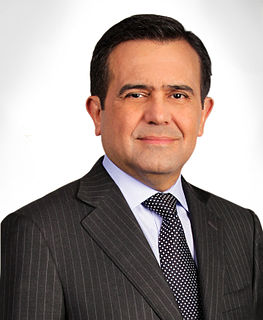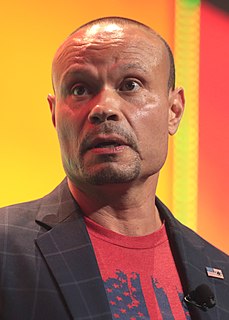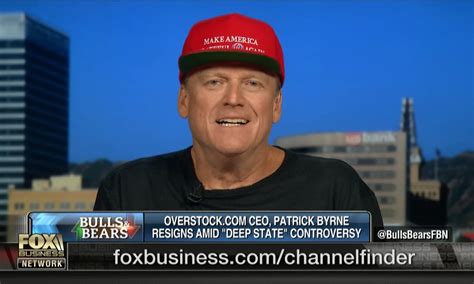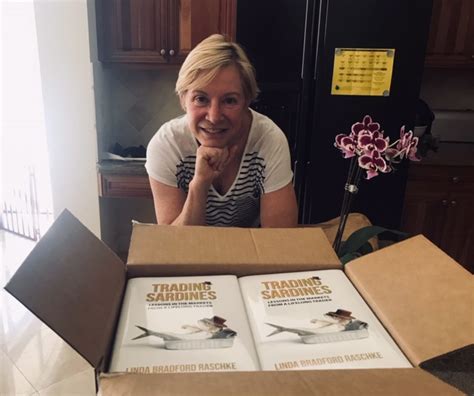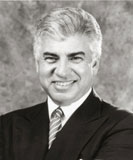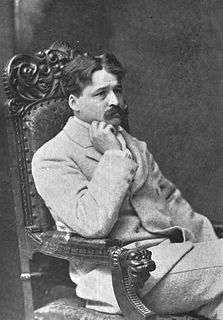Top 1200 Trade Quotes & Sayings - Page 4
Explore popular Trade quotes.
Last updated on November 25, 2024.
Hillary Clinton has supported virtually every trade agreement that has been destroying our middle class. She supported NAFTA and she supported China's entrance into the World Trade Organization, another one of her husband's colossal mistakes and disasters. She supported the job-killing trade deal with South Korea. She supported the Trans-Pacific Partnership which will not only destroy our manufacturing, but it will make America subject to the rulings of foreign governments. And it's not going to happen.
As South Korea shows, active participation in international trade does not require free trade. Indeed, had South Korea pursued free trade and not promoted infant industries, it would not have become a major trading nation. It would still be exporting raw materials (e.g., tungsten ore, fish, seaweed) or low-technology, low-price products (e.g., textiles, garments, wigs made with human hair) that used to be its main export items in the 1960s.
By all means, let's have free trade and no trade barriers and a common market. But where did it all suddenly become about our own economic and political destiny being surrendered to Brussels with agendas that arguably have very little to do with the interests of the British people and British voters?
For most people, love is a response to need fulfillment. Everyone has needs. You need this, another needs that. You both see in each other a chance for need fulfillment. So you agree-tacitly-to a trade. I'll trade you what I've got if you'll give me what you've got. It's a transaction. But you don't tell the truth about it. You don't say, "I trade you very much." You say, "I love you very much," and then the disappointment begins.
On trade, our country is a disaster. We have political hacks. People that give money to politicians. That's how they get their jobs. We have the worst people negotiating our trade deals. We're going stop that. We're going to have the greatest business people in the world and we have them. We're going to have the greatest business people in the world negotiating our trade deals with China.
The most difficult part of Brexit will be to figure out the trade regime between the U.K. and the rest of the E.U. because the level of trade integration between the members of the E.U. is the deepest in the world and integrates regulations that govern how products and services are produced and sold within the E.U.
Is there something in trade that desiccates and flattens out, that turns men into dried leaves at the age of forty? Certainly there is. It is not due to trade but to intensity of self-seeking, combined with narrowness of occupation. Business has destroyed the very knowledge in us of all other natural forces except business.




















